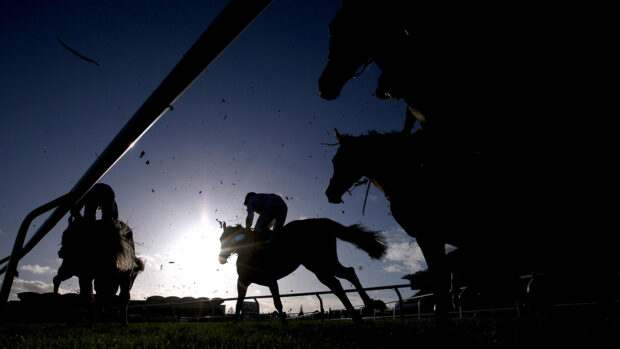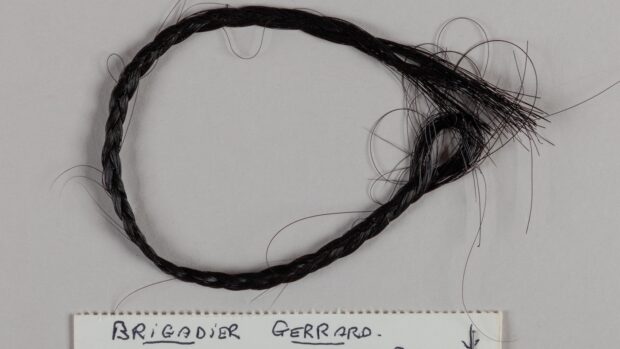No one doubts that hunting with hounds is facing its most daunting challenge since 1939.
But there is also a heart-warming resolve among hunting people to save their sport for generations, despite a growing list of stark problems. The hard core of the hunting community is gritting its teeth to ensure survival for the sport at the start of the grimmest season most can remember.
May is the first month of the new hunting year, and masters and hunt committees are now including severe financial losses on last year’s balance sheets among their worries.
Other concerns are:
Assessing the losses
The loss of the late hunting season on Exmoor and other moorland countries much favoured by visiting followers in March and April rehearsed the huge economic damage to country businesses and jobs a permanent hunting ban would wreak on these areas.
Hunt incomes suffered this spring when the entire point-to-point season was wiped out, followed by hunter trials, sponsored rides and team chases.
A conservative estimate of losses against normal income last season and this spring for Britain’s 352 hunts of all kinds runs well over £1.5m already. Ireland’s 99 hunts are similarly affected in a countryside where the outbreak has been minimal but the stock farming is a major national concern.
Hunts employ staff who have to be paid, packs of hounds which have to be fed and, in many cases, horses and vehicles which have to be maintained.
Flesh collection of fallen stock from farms had to be abandoned, and alternative means found to feed hounds.
Looking forward to autumn hunting
Brian Fanshawe, director of the Countryside Alliance’s Campaign for Hunting, acknowledges the need for sensitivity about plans to start any hunting this autumn, but believes there is room for “modest optimism”, especially in the areas least affected.
Alastair Jackson, chief executive of the Masters of Foxhounds Association (MFHA), is engaging in talks with MAFF officials about hunting’s prospects. The MFHA will be making further announcements soon. He emphasises that the wishes and needs of farmers and landowners are paramount, and points out that it is far too early to make realistic predictions at this stage. He believes it is likely the sport will eventually be able to resume in stages in different localities according to the degree of foot-and-mouth experienced.
Masters across Britain refer to the need for autumn hunting to take place where possible in order that hunts can play their normal role in fox control and dispersal. Deer control on Exmoor, and hare and mink culling are also significant.
Draghounds suffer the same restrictions as other packs in crossing country. Limited autumn hunting only in coverts is contemplated by one master I spoke to, but he doubts that he can engage in hunting across country until much later owing to the number of infected areas in his locality.
The backlash of rural opinion against a hunting ban will be all the more bitter and destructive after the 2001 foot-and-mouth disaster when the government of the day has not even emerged as a competent steward of the measures needed to beat the disease.
Toread this feature in full, see this week’s Horse & Hound magazine (17 May 2001)



